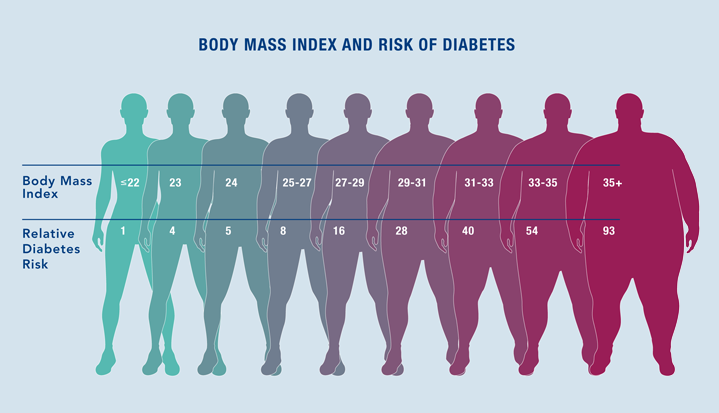Do DPP Benefits Last?

Jill P. Crandall, M.D., works to prevent diabetes and its complications.
The DPP followed patients at risk for diabetes for an average of only three years and so couldn’t answer some key questions, such as: Can people ward off diabetes indefinitely if they stick with their medications and a healthy lifestyle? Will at-risk people who change their behaviors but still develop diabetes experience less frequent or less severe complications? Such questions are being addressed in the
Diabetes Prevention Program Outcomes Study, or DPPOS, which is following the original DPP participants for an additional 15 years.
“The average age of our study participants is now in the mid-60s, so this phase should show whether people can maintain an active lifestyle with advancing age,” says
Jill P. Crandall, M.D., professor of clinical medicine (endocrinology), a DPP investigator and now one of the DPPOS’s principal investigators. “Perhaps most important, we’ll find out whether the DPP interventions help reduce diabetic complications.”
“Perhaps most important, we’ll find out whether the DPP interventions help reduce diabetic complications.”
The findings from the current phase of DPPOS are expected in 2015. “We assume and hope that the program will produce long-term benefits, but we don’t know for sure,” says Dr. Crandall, who is also an attending physician in endocrinology at Montefiore Medical Center.

As your weight (expressed here as body mass index, or BMI) rises, so does your risk of developing type 2 diabetes. This illustration, based on the landmark Nurses’ Health Study, shows that even a woman of average weight (BMI = 24) has about a five-fold higher risk of developing diabetes than a woman with a BMI of 22 or less. Other studies show a similar risk for men and for adolescents of both sexes. (Visit http://www.cdc.gov/healthyweight/assessing/bmi/ to learn your BMI.)


